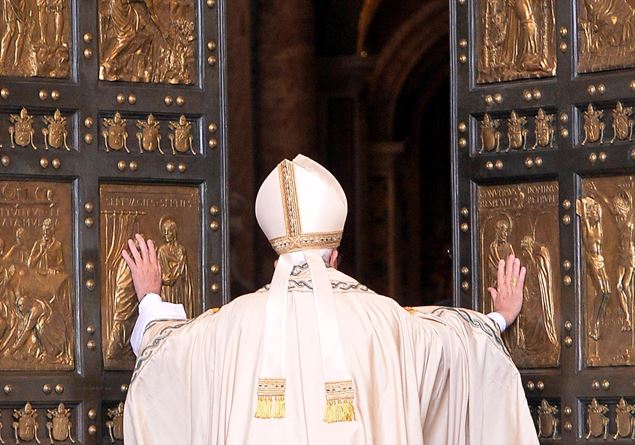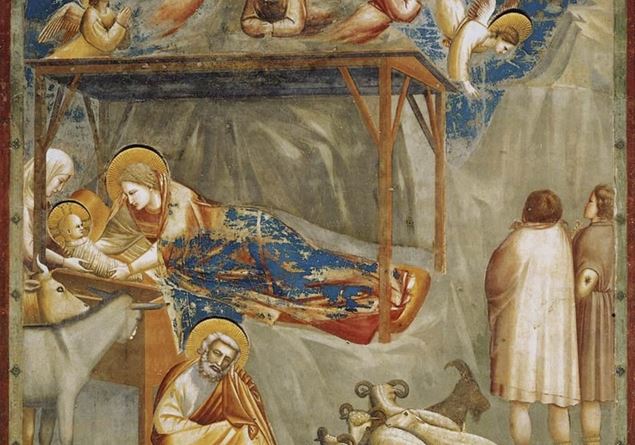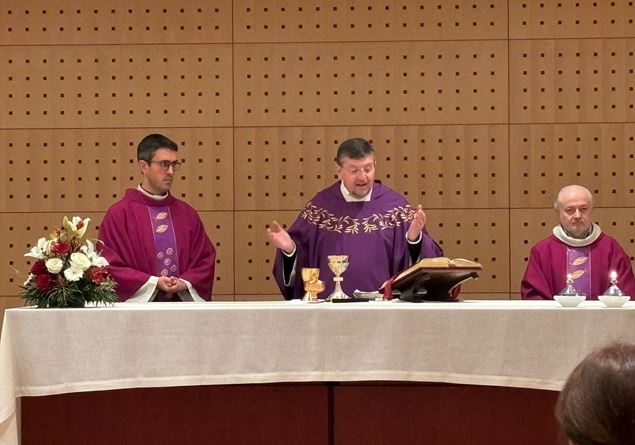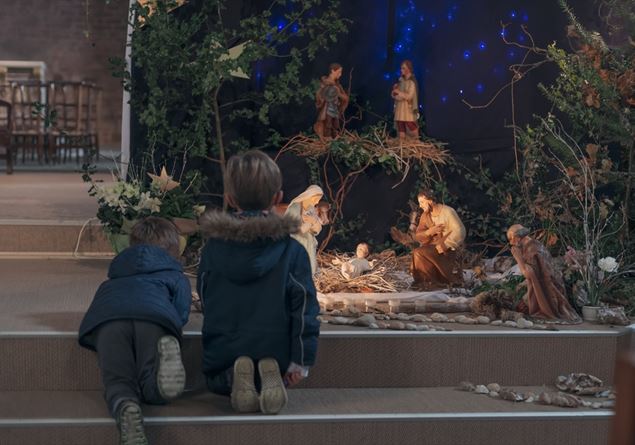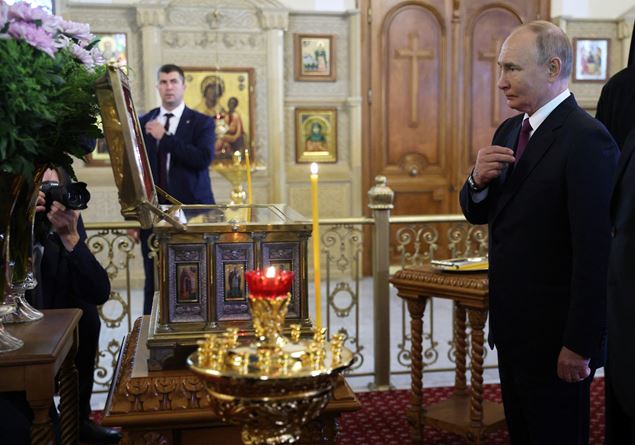
The heart of Russian power is once again closing in on civil society, and this time the target is freedom of worship. The Duma, the Russian parliament, is preparing to discuss a controversial bill in the coming weeks, which could radically change the country’s religious life. The initiative, promoted by the Nuova Gente party – firmly supported by the presidential majority – aims to ban religious activities carried out in private homes or condominiums, forcing every form of celebration to respect the official places of worship. The official reasons seem to come straight out of an urban regulation manual: to prevent “disturbances of public order”, “conflicts between neighbors” and even reduce the risk of fires. However, behind the words lies the usual centralization strategy: everything that cannot be easily monitored must be neutralized.
Religions under surveillance
Russia is a mosaic of faiths, but with a very specific order. Orthodoxy is the dominant religion and symbol of national identity; Islam, Buddhism and Judaism enjoy official status, while other confessions live in the shadow of rigid state control. The legislative proposal fits perfectly into this logic of surveillance: a State that does not tolerate free spaces, not even spiritual ones. “It is a move that strengthens control over the entire society,” explains Antoine Nivière, professor at the University of Lorraine and scholar of Russian religious history. Religious minorities are the first to tremble. Among them, Protestants, who represent just 1% of the population, find themselves in a vulnerable position, threatened with losing the places where they cultivate their faith outside official channels.
An unexpected rebellion
This time, however, dissent does not only come from minorities. Even voices within the Moscow Patriarchate, traditionally aligned with the Kremlin, have expressed concern. “The adoption of this rule will lead to the closure of Orthodox house churches,” said Abbess Xenia Chernega, head of the legal department of the Russian Orthodox Church. He added that basic sacraments such as communion and anointing for the sick and dying risked being banned if celebrated in private homes. On the other hand, Baptist pastor Vitaly Vlasenko, leader of the Russian Evangelical Alliance, openly condemned the initiative, calling it a direct attack on freedom of worship. «Religious organizations are moral pillars of society. Their activities must be supported, not hindered”, he declared, urging the government to seek shared solutions with religious communities.
An uncertain future
The approval of the bill in its current form is by no means a given. It is not the first time that the Kremlin has attempted to tighten controls on religious practices. Already in 2019, a similar proposal was blocked by the Constitutional Court, which declared it unconstitutional. But today, with the Nuova Gente party firmly supported by the parliamentary majority, the climate appears different. Nonetheless, the unusual opposition from the Russian Orthodox Church could pose a major obstacle. “It’s not just about religion, but about a further attempt to regulate every aspect of citizens’ lives,” observes a Christian from Moscow. The debate in the Duma promises to be a crucial test to measure the ability of civil society to resist yet another authoritarian crackdown.
In a Russia where individual freedoms are visibly restricted, even faith risks becoming a privilege granted and revocable by the State.



